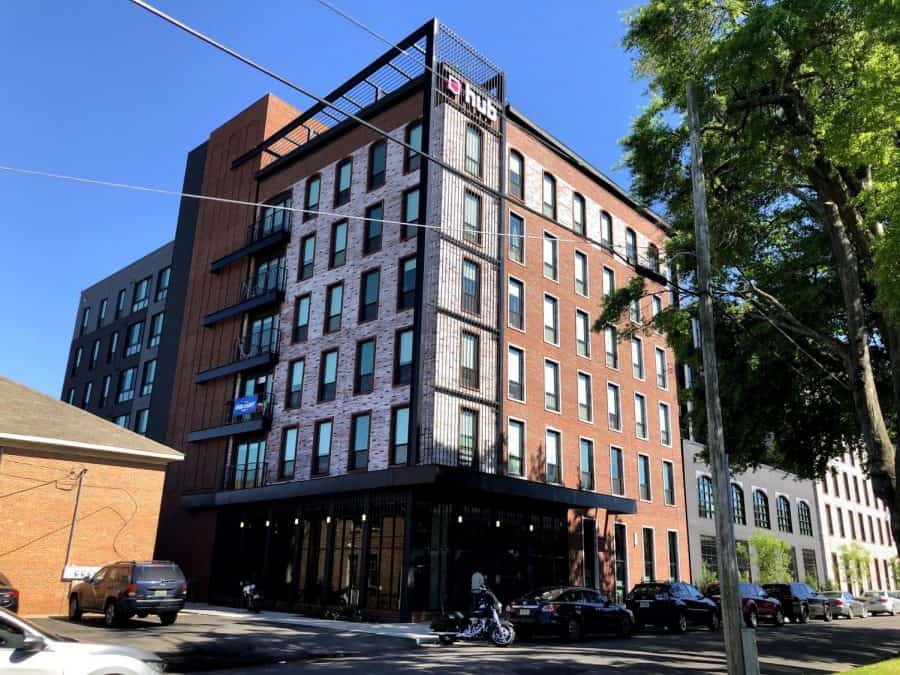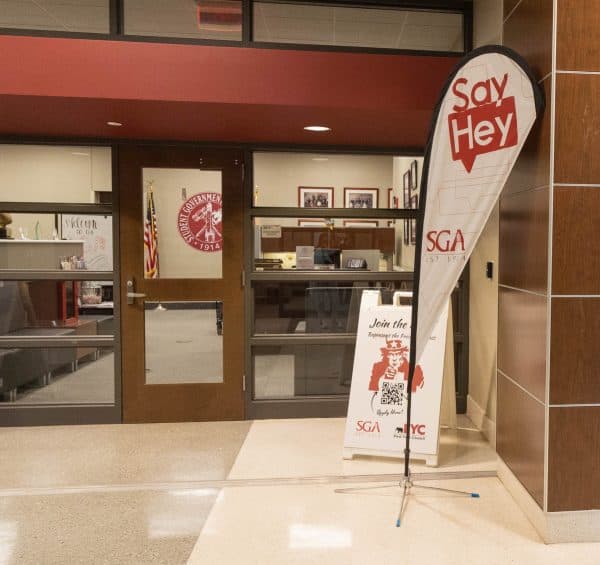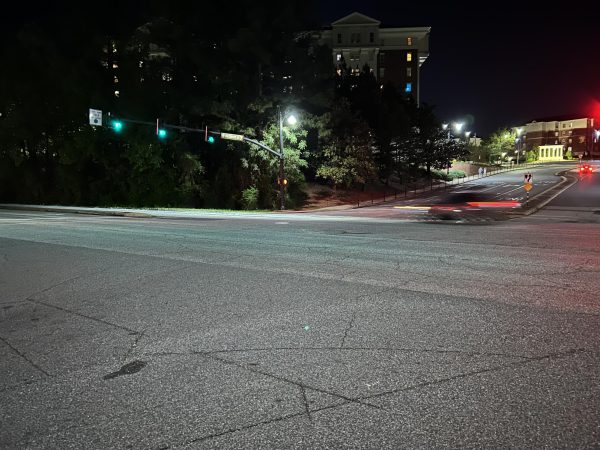Mayor calls for pause of student housing projects
A number of student apartment complexes have been widely criticized for pervasive maintenance issues and/or poor management.
April 22, 2019
Following an increase in proposals for new apartment complexes, Mayor Walt Maddox released a statement in early January announcing plans for a “strategic pause” of student-oriented housing projects.
In a “Mayor’s Minute” published on Jan.1 to tuscaloosa.com, Maddox compared the new measures to those implemented in 2013, following increased construction for apartment complexes destroyed by the April 27, 2011 tornado.
“I strongly encourage the planning commission and the council to table any ‘mega’ student-oriented housing projects that have already been submitted to the city until such time that the impacts to infrastructure, public safety, transportation, quality of life and future land can be measured,” Maddox said in the Mayor’s Minute.
Matthew Rosanski, a sophomore majoring in economics, said he understands that such a high number of large apartment complexes may put a strain on the city’s infrastructure, but he said he believes the solution is more complicated than putting a pause on building projects.
“I think the student housing in Tuscaloosa is too decentralized, so when you have all these little apartments and houses everywhere, you end up with more road infrastructure,” Rosanski said.
“It would be better if there were more centralized block-style housing, but I don’t know how you would create that without tearing down major parts of Tuscaloosa. I don’t think the problem is with how much housing there is, but with how it’s been built.”
Shaunice Hill, a senior finance major, said she agrees with Maddox’s proposal.
“I think it’s a little too crowded around Tuscaloosa,” Hill said. “I don’t think there should be more apartment complexes built, but I do think the current options could be improved upon, and there should be more housing built on campus, especially for upperclassmen.”
However, some students said there is not enough off-campus housing to fulfill the demands of an increasing student population, but regulations should be created to limit the toll large apartment complexes have on the city’s infrastructure.
“We have a lot of students coming in. The population’s growing, so we need more housing,” said Joshua Helms, a freshman majoring in chemical engineering. “I don’t see a problem with more housing, but I think the solution may have to do with the regulation of the people in the apartments, because it’s the people in the apartments that are causing a strain on resources and infrastructure.”
Spencer Fuhriman, a junior majoring in computer science, said that while he agrees with Maddox’s concerns, more should be done to limit the domination of the market by larger companies.
“I think there’s not enough low-cost apartment options,” Fuhriman said. “I think limiting housing in a way that doesn’t allow for these bigger players to come in and dominate the market is a good solution. The resources the University provides shouldn’t only focus on more recent developments but also advertise smaller and cheaper housing options. I think the restrictions would be good, and honestly they’re not restrictive enough.”











